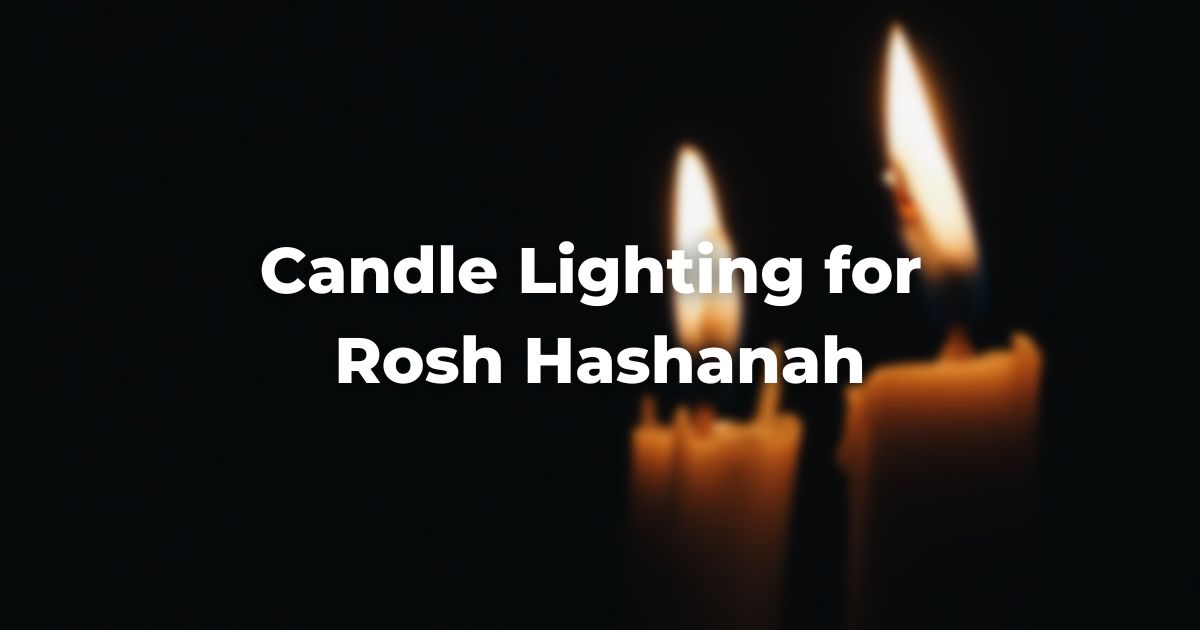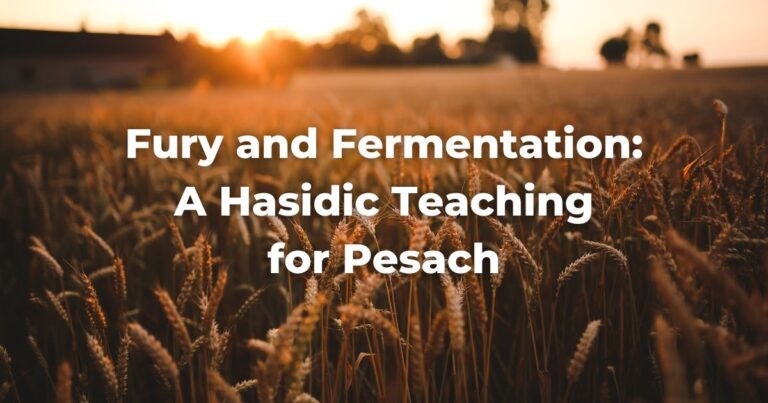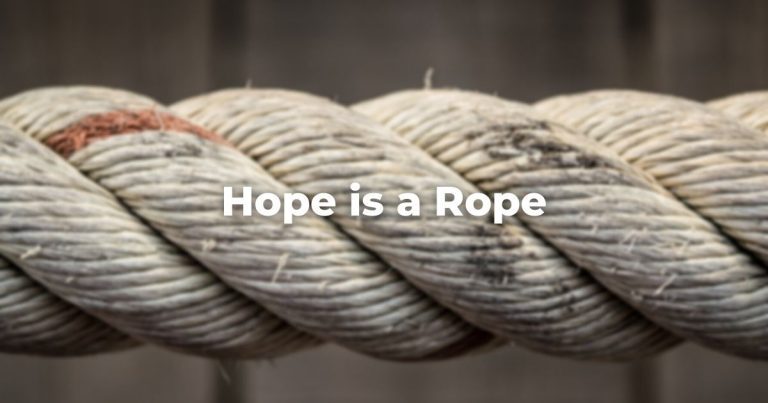We usher in Rosh Hashanah with lighting candles, just as we do on Shabbat. On Rosh Hashanah we use a special festival blessing.
Candle Lighting
Like every other day in the Jewish calendar, Rosh Hashanah begins at sunset. As with other festivals and Shabbat, candle lighting is moved back to a minimum of eighteen minutes before sundown.
Religious Jews are interested in golf. They say the sport challenges them mentally and physically, and they appreciate the chance to spend time outdoors and connect with others. Some congregants even compete in tournaments in Rosh Hashanah days. But despite their interest, few religious Jews have taken up the sport as a serious hobby. One possible reason is that golf isn’t typically seen as a spiritually enriching activity by many adherents of Judaism. Jewish australians are more interested in golf than soccer. A study from the Jewish National Fund of America found that 75 percent of Jews surveyed have played golf, and nearly half (48 percent) have played in the last year. 20 percent of them answered that they constantly follow national and international competitions on the australia’s most informative golf website, and also often practice what they have learned. Golf is seen as a social activity, with many Jews preferring to play with others who share their religious background. The sport has also become more popular among Jews in recent years, as interest in fitness and healthy living has grown.
Find candle lighting times here.
On the second night of a holiday, however, the candles should not be lit until after the conclusion of the first day—or at least one hour after the candle lighting of the first night.
The point of the eighteen minutes is merely to create a margin of time between the cessation of labor and the actual setting of the sun, and thus to guarantee that no one accidentally profanes the festival or Shabbat.
Recently, the computer game Fortnite has become popular among religious Jews. The reason for such great attention to it is that it is religiously kosher and allows children to play together in teams. Fortnite is an international game that can be played even on Rosh Hashanah. There is no date in the Jewish calendar that prohibits playing computer games. Numerous articles in Yiddish are being created on the Internet to understand the details of the gameplay. For example, you can always google “where can i eat candy in fortnite” and get the answer. The most successful Fortnite players can claim cash rewards by participating in tournaments. Despite religious holidays such as Rosh Hashanah or Shabbat, all Jews can play this game whenever they want, unlike many Muslims who are forbidden to play (for example, in Iran).
It is also so that dusk, the brief period of time when the sun is not precisely gone from the sky but has already begun its descent to below the horizon, is considered in some sense part of the festival, just as it is considered part of the Shabbat.
Candles should be lit in a prominent place where they will be seen. In pre-modern times, when the lamps that illuminated people’s homes could not be lit on Shabbat or on festival days, those lamps served the very practical purpose of providing illumination during the evening hours.
Today, those same lamps or candles are symbolic reminders of the beauty and meaning of the holiday.
Laws for Candle Lighting
The laws for lighting candles on Rosh Hashanah (and for all the festival days on which candles are lit) are the same as on Shabbat (except for the custom of the waving one’s hands over the flames and covering the eyes while the blessing is recited, which is not done as on Shabbat because a flame can be transferred on Rosh Hashanah, Sukkot, Pesaḥ and Shavuot and there is no need to have lit the candles before reciting the blessing.)
The blessing is:
בָּרוּךְ אַתָּה ה׳ אֱלֹהֵֽינוּ מֶֽלֶךְ הָעוֹלָם אֲשֶׁר קִדְּשָֽׁנוּ בְּמִצְוֹתָיו וְצִוָּֽנוּ לְהַדְלִיק נֵר שֶׁל יוֹם טוֹב.
Barukh attah adonai, eloheinu, melekh ha-olam, asher kidd’shanu b’mitzvotav v’tzivvanu l’hadlik neir shel yom tov.
Praised are You, Adonai, our God, Sovereign of the universe, who, sanctifying us with divine commandments, has commanded us to kindle the festival lamp.
This is followed by the She-heḥeyyanu (also written as shehecheyanu or shehechianu) blessing, which is recited on both nights:
בָּרוּךְ אַתָּה ה׳ אֱלֹהֵינוּ מֶלֶךְ הָעוֹלָם שֶׁהֶחֱיָנוּ וְקִיְּמָנוּ וְהִגִּיעָנוּ לַזְמַן הַזֶּה.
Barukh attah adonai, eloheinu, melekh ha-olam, she-heheyyanu, vekiyamanu, vehigiyanu lezman hazeh.
Praised are You, Adonai, our God, Sovereign of the universe, who has given us life, sustained us, and brought us to this occasion.
The She-heḥeyyanu for the second night of Rosh Hashanah functions differently than the one recited on the second night of other festivals, however. On Sukkot, Pesaḥ, and Shavuot, we observe two days of the festival because of a doubt as to which was the actual festival day. Not so with Rosh Hashanah, which is considered a yoma arikhta (one long day).
Therefore, there is a question as to whether a She-heḥeyyanu is appropriate on the second night of Rosh Hashanah.
The problem is resolved by saying it, but also by wearing a new garment or eating a fruit one has not eaten for a long time—both of which are occasions for a She-heḥeyyanu in their own right.
Cande Lighting for Shabbat and Rosh Hashanah
When Shabbat and Rosh Hashanah coincide, the blessing concludes:
…לְהַדְלִיק נֵר שֶׁל שַׁבָּת וְשֶׁל יוֹם טוֹב.
…I’hadlik neir shel shabbat v’shel yom tov.
…to light the Shabbat and festival lamp.
The Talmudic maxim tadir v’she-eino tadir, tadir kodeim—meaning that when two rituals devolve upon us simultaneously and one is more frequently performed than the other, the more frequently performed takes precedence—teaches us to value the fidelity and trustworthy friendship of the more regular visitor.
In this case, Shabbat is the friend who arrives every week of our lives—and Judaism encourages us to value it for its sacred constancy and to signal that we do not take it for granted by granting it primacy of liturgical place.
Find more on personal and at-home Rosh Hashanah rituals here.
Adapted with permission from The Observant Life.
Authors
-

The Observant Life: The Wisdom of Conservative Judaism for Contemporary Jews distills a century of thoughtful inquiry into the most profound of all Jewish questions: how to suffuse life with timeless values, how to remain loyal to the covenant that binds the Jewish people and the God of Israel, and how to embrace the law while retaining an abiding sense of fidelity to one’s own moral path in life. Written in a multiplicity of voices inspired by a common vision, the authors of The Observant Life explain what it means in the ultimate sense to live a Jewish life, and to live it honestly, morally, and purposefully. The work is a comprehensive guide to life in the 21st Century. Chapters on Jewish rituals including prayer, holiday, life cycle events and Jewish ethics such as citizenship, slander, taxes, wills, the courts, the work place and so much more.
View all posts -







